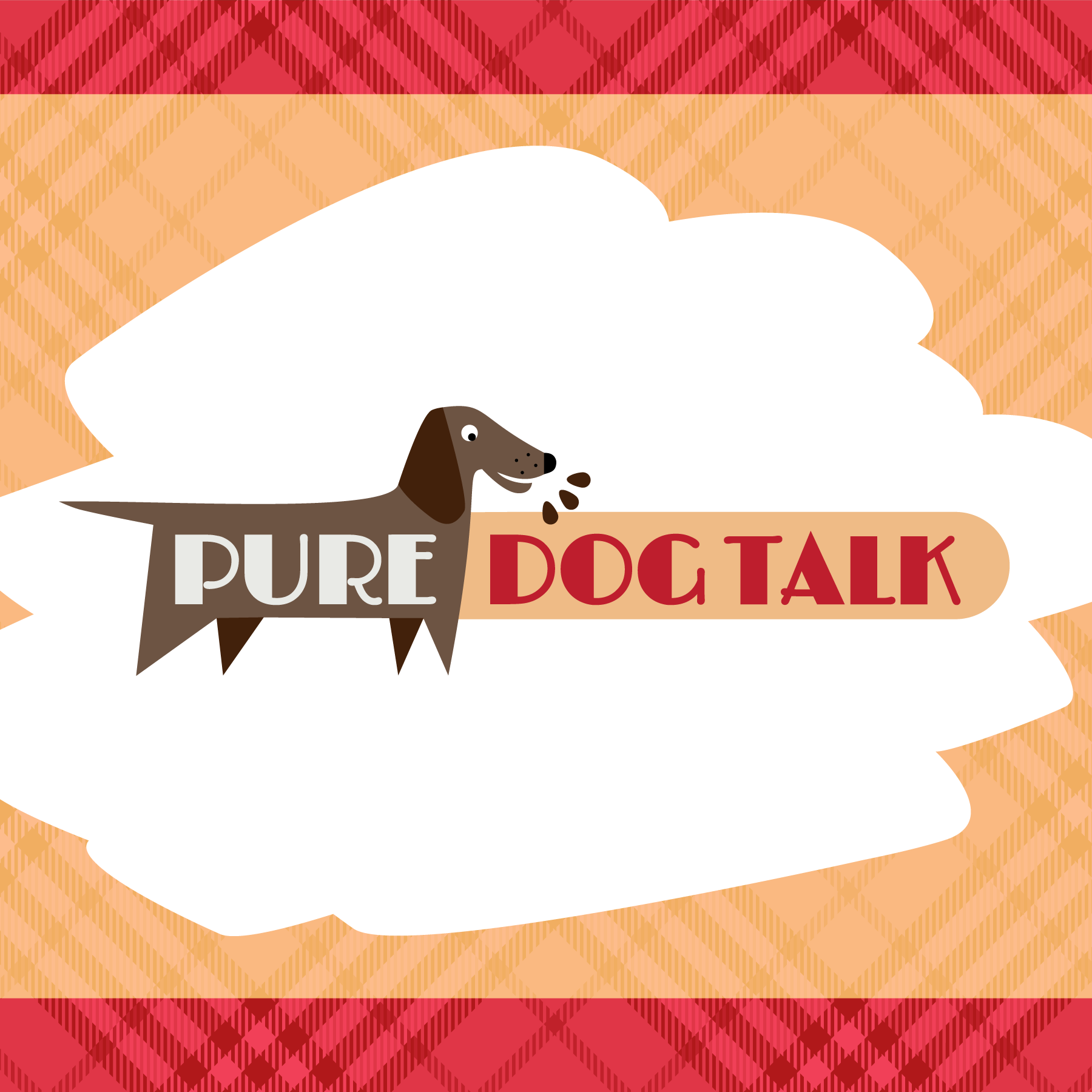Pyometra is a life threatening disease
Pyometra is a severe bacterial infection with accumulation of pus within the uterus. Though it often occurs with middle-aged or older unspayed females, younger dogs are sometimes affected. Pyometra most commonly develops a few weeks after a heat cycle. The condition results from hormonal changes that decrease the normal resistance to infection. As a result, bacteria enter the fluid in the uterus and large volumes of pus can accumulate.
Signs of Pyometra include loss of appetite, excessive thirst and urination, lethargy, and/or vomiting. Sometimes, there is a vaginal discharge. The disease may develop very slowly over several weeks.
This condition often requires emergency surgery, provided the animal is stable. Surgery consists of removing both ovaries and uterus, which not only corrects the condition, but also eliminates bothersome heat cycles. Because the patient is ill and the uterus is infected, the surgery is more complicated and carries a higher risk than a routine spay. Ultrasound and blood tests are useful in both diagnosing and evaluating surgical risk. Post-operative treatment includes antibiotics and intravenous fluids.
For dogs who are in a breeding program, Dr. Marty Greer, DVM provides information in the podcast about medical management that may avoid the spay surgery.
Pyometra
From Dr. Greer…. “Your pet has presented with a condition called pyometra, or a uterine infection. These can be life-threatening, and most cases will not resolve without surgery. Pyometra usually occurs 1-5 weeks after the last heat cycle. In this illness, the uterus has filled up with pus (white blood cells and bacteria) and is at risk for rupturing if not treated immediately.
Prior to surgery, we will stabilize your pet with intravenous fluids, antibiotics, and pain medications. Most patients with pyometra are very sick – with either a very high or very low white blood cell count, fever, dehydration, a low blood sugar, and vomiting and diarrhea. As soon as your pet is able to tolerate anesthesia, we will start surgery to remove the uterus.
Your pet will be in the hospital for at least 2-5 days, depending on how she does during surgery and afterwards. It is important to know the possible complications of pyometra surgery. These include:
- Peritonitis is the most common. This means infection within the abdomen. It is treated with antibiotics, IV fluids, and may require additional surgery and drainage.
- Rupture of uterus in surgery. The uterus is often very thin and easily damaged. It is possible that it can rupture during surgery, spilling pus into the abdomen. This can prolong the hospitalization for several days.
- Aspiration pneumonia. Fluid and food sometimes bubble up into the throat and mouth during surgery. This can be inhaled into the lungs, leading to pneumonia. Every precaution is taken to avoid this, but it still happens in some cases.
- Sepsis, systemic inflammatory response syndrome, acute respiratory distress syndrome (ARDS), and disseminated intravascular coagulation can also occur before, during, or after surgery. These are uncommon complications in which the white blood cell count drops, the patient develops or continues to have a fever, sometimes develops difficulty breathing and difficulty with normal blood clotting. These are not common but can occur. If they do, very aggressive treatment must be undertaken to save your pet and can significantly prolong hospitalization and lead to death.
- Acute kidney failure can occur before, during, or after surgery. This is not a common complication but can happen. Often patients will also have a urinary tract infection.
Once your pet is stable, eating, comfortable and able to take oral medications, discharge home can be discussed with the doctor.
”



